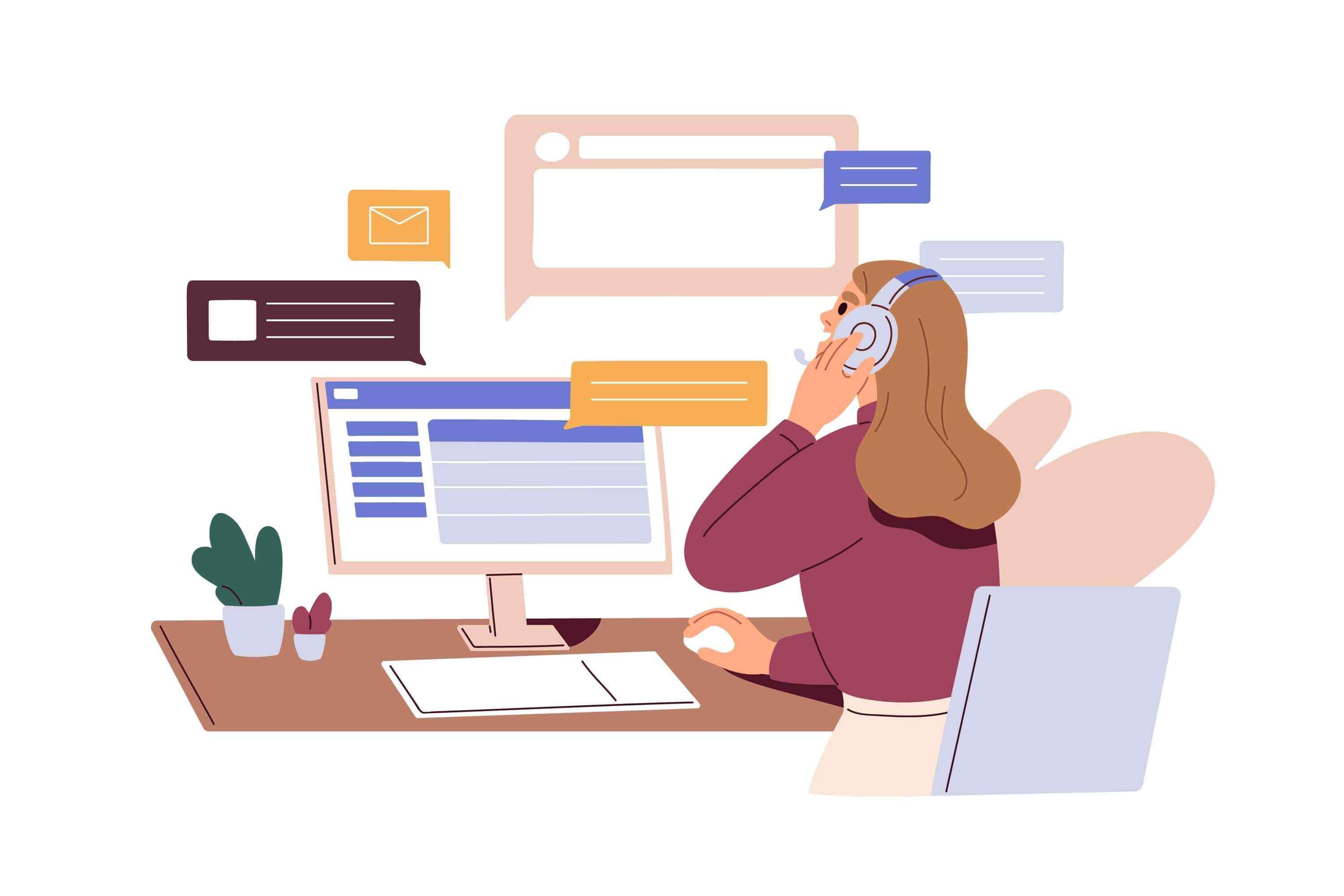We Got Our Daughter A Phone At 14. I Was Tired Of Being Her Social Coordinator, And She Didn't Like Getting Left Out Of Group Plans.

The author, not pictured, didn't think her daughter was ready to have a cell phone. Because of this, she got stuck being her social coordinator.
grinvalds/Getty Images
- So many of our daughter's friends had cell phones, some even got them in elementary school.
- She was able to get by without one for a while, but I became her default social coordinator.
- We reevaluated our needs in 8th grade and got her a phone when she was 14.
Several years ago, my husband and I found ourselves facing a big parenting decision: At what age should we get our oldest child, who was 11 at the time, her own phone? Up until this point in parenting, our choices regarding devices had been relatively conservative. We did not have tablets for our young toddlers, and we did not have any gaming consoles or iPads for our children as they grew older. But we quickly realized that with middle school on the horizon, there was the social assumption that our child will have her own phone.
I recall my daughter being in her last year of elementary school (fifth grade where we are) and telling me that all the kids in her class had phones and brought them to school. Now, I'm sure not all of them did, but she certainly felt like she was in the minority by not having one. Turns out, she was right. From watching YouTube videos on the bus to school to sharing selfies and browsing TikTok, many of her classmates were already equipped with their own phones and social media accounts — in elementary school!
The timing wasn't right for us
We had always told our daughter that she'd get a phone when she was older. We didn't know if it would be when she was in middle school or when she was a teenager, we just knew it would be sometime later. It felt way too early for her to have access to the world in her pocket. Plus, who was she going to call or text anyway? She saw her friends at school or sports practice every day and was often able to play in the neighborhood with her buddies.
This, of course, was met with some frustration initially, but she understood our stance as parents and didn't seem to mind not having her own phone, honestly. We coordinated her time with friends as we always had, since those very first preschool playdates with other moms and her classmates. I took care of it.
At some point along the way, while she was still in elementary school, I learned about the "Wait Until 8th" pledge and how it encourages parents to wait to get their kids a smartphone until the end of eighth grade. Initially, this sounded like an amazing idea to both my husband and me. By following this pledge, we would preserve our daughter's childhood through middle school and would delay the inevitable issues that will come with her having access to much-older content via a smartphone. We pledged to each other that this was our plan. Little did we know that we'd be some of the only parents in our social group doing this.
Things started to change in middle school
When middle school started, we asked around to see which kids had phones and which didn't. It seemed that nearly three out of four kids did. Our decision really wasn't influenced by those results; rather, we made our decision based on personal values and research we had done around children and access to phones and social media. Sixth and seventh grade went by, and we found it was manageable to communicate with our daughter when we needed to, she'd often ask another parent to text us or call from a phone in her school's office.
What I wasn't prepared for, however, was how I was stuck coordinating all her social plans, and often with her own friends! The majority of her friends' parents stopped being as involved with social planning because they had gotten their kids phones, and they were now managing it on their own. My daughter not only felt left out of the planning, she was sometimes left out all together when she wasn't invited to group gatherings because her friends didn't have direct access to her.
I also often felt irritated and annoyed trying to get a hold of parents who used to do the planning with me. They had cut out the middleman and moved on to a different social landscape without us. Eventually, the frustration seemed to outweigh the negatives of having a phone in our eyes, so we thought long and hard and decided to reevaluate our stance.
For 8th grade, we reevaluated our needs
Fast-forward to the summer before eighth grade, and we realized that our daughter really did need a phone. Not for social media, mindless scrolling, or binge-watching shows, but just to be able to take her own photos and communicate with us and with her friends on her own terms (with parental guidance in place).
We surprised her with a phone this past fall and she has been extremely grateful, responsible, and mindful about its usage. She texts and FaceTimes her friends, takes a ton of photos, has an app that tells her when to water her plants, and sometimes sneaks in an episode or two of "The Office" before bed. She does not have any social media apps and we do not plan to allow her to have any until she is 16, she's 14 now. I'm curious to see if we make it to eighth grade with our younger child, or if we will shift perspectives on access to technology with this ever-changing world.


